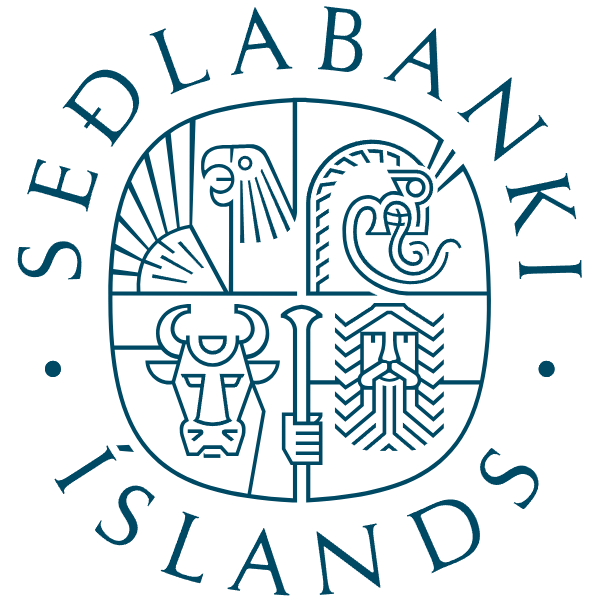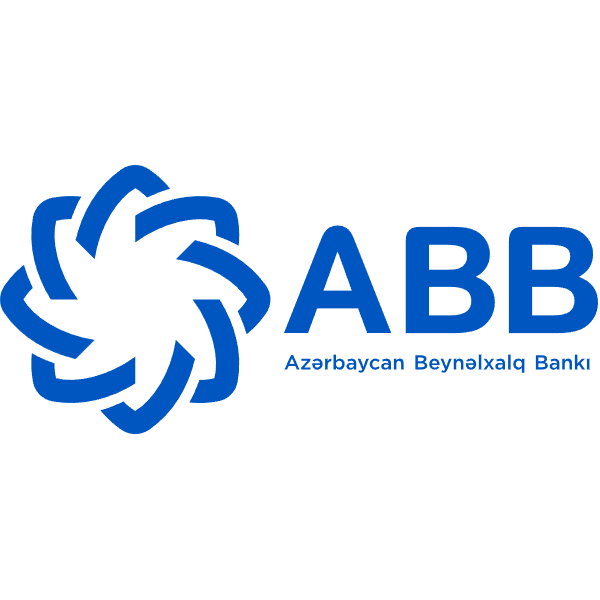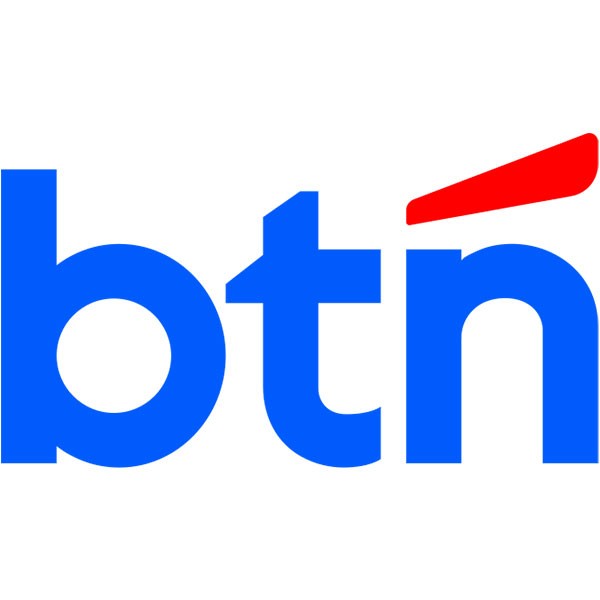Central Bank of Iceland, the full name of the Central Bank of Iceland (Sedlabanki Íslands), was founded in 1961 and is headquartered in Reykjavík. It is a state-owned institution 100% owned by the Icelandic government and serves as a central pillar of the country's monetary and financial stability. Although it is not a commercial bank, it is the hub of the Icelandic financial system, responsible for the core responsibilities of monetary policy making, financial supervision and currency issuance. It is not listed on any stock exchange and its role is more akin to that of the Federal Reserve or the European Central Bank, serving the overall interests of the country rather than shareholder profits.
As a central bank, its main service targets are financial institutions, government departments and international financial organizations, rather than individual consumers. Central Bank of Iceland has a nationwide presence, with no traditional retail outlets or ATMs, and its physical infrastructure is concentrated in Reykjavík, where it operates as a policy and regulatory hub.
Regulation & ComplianceCentral
Bank of Iceland is not only the regulator itself, but also works with the FME (Icelandic Financial Supervisory Authority) to regulate commercial banks, insurance companies and other financial institutions. All of its deposits are not covered by the deposit insurance scheme in the traditional sense, as the bank itself does not directly accept deposits from the public. In recent years, the bank has a strong compliance record, actively promotes financial transparency and anti-money laundering mechanisms, and its policy formulation and regulatory practices are regularly evaluated by the International Monetary Fund (IMF) and EU institutions.
As a central bank, its financial structure is different from that of commercial banks and cannot be measured from the perspective of traditional profitability. However, several key indicators can still provide indications: the bank maintains capital adequacy to ensure that it fulfills its monetary function, and its liabilities are mostly in base currency and government accounts. Liquidity is almost worry-free, as it acts as a "lender of last resort" and can create money at any time. Iceland's banking system has undergone significant reform since the 2008 financial crisis, and the overall non-performing loan ratio is currently low and the banking system is functioning soundly.
Deposit & Loan ProductsCentral
Bank of Iceland does not provide deposit and loan services at the individual or corporate level, and therefore does not involve demand or term deposit rates or loan thresholds. However, its policy interest rate (such as the 7-day time deposit rate) constitutes the benchmark of the interest rate of the entire market, which has a fundamental impact on the pricing of commercial bank products. For example, the bank's current benchmark interest rate directly determines the minimum interest rate for all types of loans in Iceland.
List of Common FeesSince
traditional banking is not available to the public, Central Bank of Iceland does not charge account management fees, transfer fees, or ATM fees, nor does it have hidden fees such as minimum balance requirements.
While the digital service experience
does not provide mobile or online banking services for consumers, the Central Bank of Iceland website is detailed and up-to-date, covering monetary policy statements, economic data releases, research reports and policy tool disclosures. It promotes the concept of open banking at the system level, supports the development of financial technology, and implements a real-time settlement mechanism in the inter-bank payment and settlement system. The website information is supported in multiple languages, which improves policy transparency and public participation.
The "customers" of customer service
quality are mainly governments, financial institutions and researchers, so the service method focuses on policy communication and data release. Telephone and e-mail consultation services are available within a fixed time window and are responsive. The website is available in multiple languages, including Icelandic and English, to ensure that international investors and analysts have access to important information.
Security MeasuresAs
the core of the country's financial facilities, Central Bank of Iceland takes a high level of defense in terms of capital and data security. Although the traditional deposit insurance system does not apply, the payment system and currency issuance mechanism in which it operates are strongly protected by the government. The data processing system follows international standards such as ISO 27001 and has not yet disclosed a major data breach.
Distinctive Services and DifferentiationAlthough
it does not directly serve individual customers, Central Bank of Iceland has demonstrated cutting-edge awareness in promoting green finance, monetary policy openness and digital currency exploration. In recent years, the bank has actively explored central bank digital currency (CBDC) solutions and participated in monetary policy cooperation between the European Union and the Nordics. At the same time, it indirectly serves youth and educational institutions through academic funding, research paper publications, and financial education programs.
Market Position & AccoladesAs
the only central bank in Iceland, its position is unquestionable. Although it does not participate in the ranking of the "Top 50 Banks in the World", it has won international praise for its transparency in policy research, macro-prudential supervision and financial crisis response mechanism. In recent IMF assessments, the IMF has been recognized as leading the way in the coordination of monetary and fiscal policies among small open economies.










